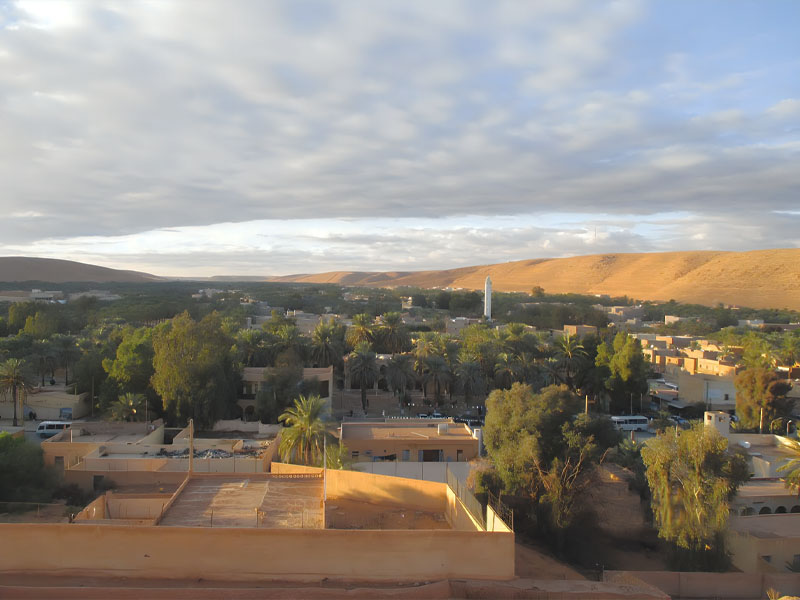Folk traditions and how they reflect social and cultural characteristics: The example of Laghouat city
Issue 29

Natural conditions in our communities, particularly in the desert, have helped to unleash the imagination and shape the beliefs that are part of folk culture in North African communities. These communities are unique in that oral culture is more prevalent than written culture.

The shift from the oral tendency to documentation is coupled with the shift from tribal structure to the structure of the states, and the shift from the desert to the city. Bedouins narrated both fictional and nonfictional stories that included fairies and other mythological creatures; the desert contributed to the creation of fiction. Folktales were passed down orally within families, tribes and then cities.
A considerable part of our culture is embodied in folk traditions that have emerged over the years. These folk traditions adapted to new events by creating symbols and interpretations, fulfilling their functions in accordance with each time period, and adapting to people’s psychological needs.
Folk traditions reflect the moral values of the largest social class, mainly farmers and those who are vulnerable or marginalised and who tend to ignore and resist change, clinging to the past at the expense of the present and the future.
Furthermore, folk traditions promoted cohesiveness among members of the community and helped to encourage virtue and goodness. The importance of these traditions increased with colonialism; people used them as a way to resist the newcomers and the foreign culture, which threatened local identity.
The colonists attempted to exploit mythological motives, resulting in the creation of military anthropology, an attempt to understand communities in order to control their beliefs and culture. A French military official once said that in order to control the Algerian people, we must first control their symbolic heritage, which can only be achieved by studying their myths.
Mythology was of interest to both the coloniser and the colonised, although military anthropology died out with the demise of colonialism. Studies now focus on the self and the home country. Everything still seems to be controlled by myths and symbols hiding behind a particular truth. This led Roland Barthes to study myths, because he believed that everything in our daily lives is subject to the bourgeoisie’s perception of the relationship between the human and the world. Everything has the potential to be a myth; every era can create its own myths, which add to heritage.
Talha Bashir
Algeria



































































